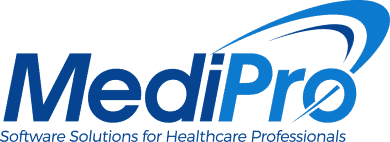Lately, the idea of emr software (electronic medical record) has attracted much debate. Healthcare professionals are hearing about the benefits of emr software and about the impending federal mandates concerning the conversion over to electronic medical records. However, many of those that are considering acquiring an electronic medical record system tend to rely solely on the software vendor to make the right hardware and implementation recommendations. When you’re pondering this type of investment in your practice you need to consider the product and its fitness for your specialization, how much it will cost, the ease of implementation, the changes in office work flow, ROI and other long-term non-financial benefits such as improved quality of care, automation and the quality of life changes.
Before you jump onto the proverbial emr software bandwagon it is very important to look at the total picture at (moviebox application). The first thing you need to do is to examine your motives for thinking that the time has come to convert over to electronic medical records. Some of the most common costs of a medical practice are usually taken for granted or overlooked; these are the costs for staffing and transcription, the billing and collection costs, office supplies, chart management, and storage. By comparing the cost of the emr software against your current expenses like those mentioned above that might decrease upon the implementation of an emr software system, you get a good idea of the cost benefit. With so many variations in feature and functions of the emr software products available today one needs to choose a product that will be good for his or hers practice. If a product is too advanced for the needs of the user then the user will pay more for more than he or she requires of an emr software system. In such a case that user will not benefit from a good return on his or hers investment.
This is the main reason why matching up the practice with the right kind of emr software is so critical. There are no two identical practices, so choosing “off the shelf” emr software may introduce costly shortcomings in the effectiveness of its use. Most of today’s practices use some type of emr software system and a practice management solution, and most vendors will provide complete solutions that are actually very well interfaced individual applications. These have their own data bases and the data input and communication takes place via the interfaces. Before you start looking for an emr software vendor you need to do a bit of research in order to understand the different types of emr software available on the market and which one would suit you and your practice best.
You should have a set of questions prepared for the emr software vendor; you may want to know things like what is their cost per physician license, if they already have any clients in your specialty, if the emr software comes with pre-loaded templates for your specialty or if their emr software system is HL7 compliant. If during your talk the emr software vendor will promise customization or enhancement features that will suit your needs, remember to get it in writing beforehand and add it to the contract; if it’s not written down then it doesn’t exist.
